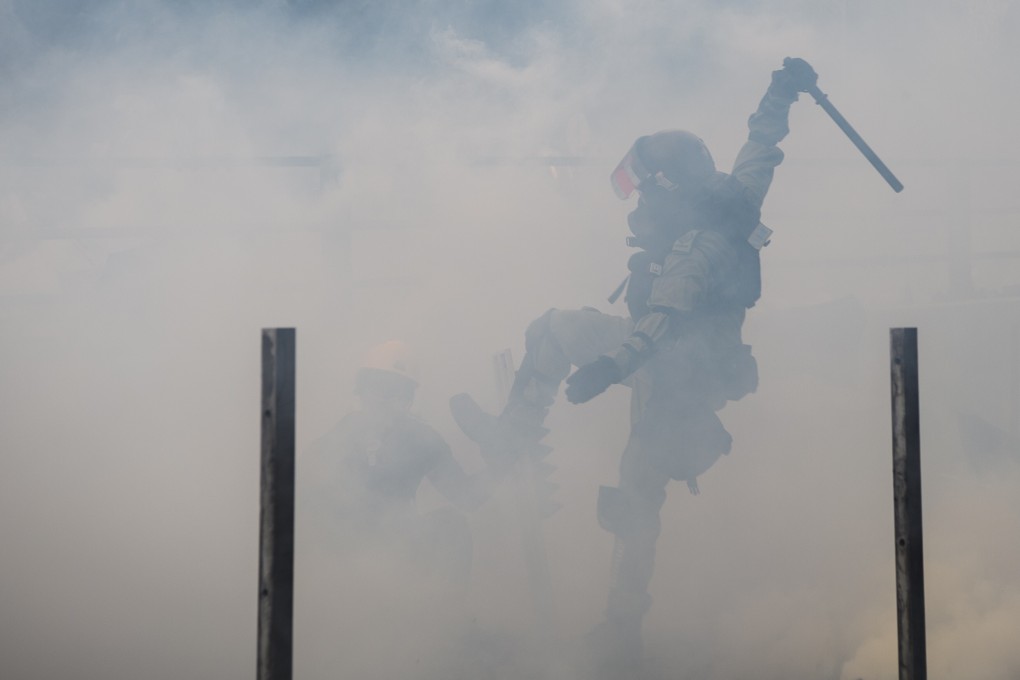Advertisement
Opinion | George Floyd protests: lessons for Hong Kong on tackling police brutality and protester violence
- The events in the US highlight the terrible consequences of insufficient checks and balances on police power
- Using brute force only sows greater discontent, radicalisation and long-term instability. Addressing the causes of violence is harder but more effective
Reading Time:3 minutes
Why you can trust SCMP

The senseless killing of George Floyd is a stark reminder that American society is not blind to race and that racial identity can be a death sentence.
Floyd’s death also sheds light on the endemic, detrimental effects of an unchecked police force, and how the lack of checks and balances can transform officers into killing machines.
In Hong Kong, some lawmakers and politicians gleefully deride the United States for its alleged hypocrisy for claiming to stand with protesters here, while coming down hard on demonstrators at home.
Advertisement
Meanwhile, fringes of the Hong Kong protest movement attempt to deflect criticism of US President Donald Trump as part of their wider strategy of courting American support – perhaps neglecting the very causes and principles they are campaigning for.

02:38
Carrie Lam accuses protest-plagued US of ‘double standards’ over national security
Carrie Lam accuses protest-plagued US of ‘double standards’ over national security
Amid the broader politicisation of Floyd’s death, here are the lessons for Hong Kong.
Advertisement
Advertisement
Select Voice
Choose your listening speed
Get through articles 2x faster
1.25x
250 WPM
Slow
Average
Fast
1.25x
.png?itok=bcjjKRme&v=1692256346)